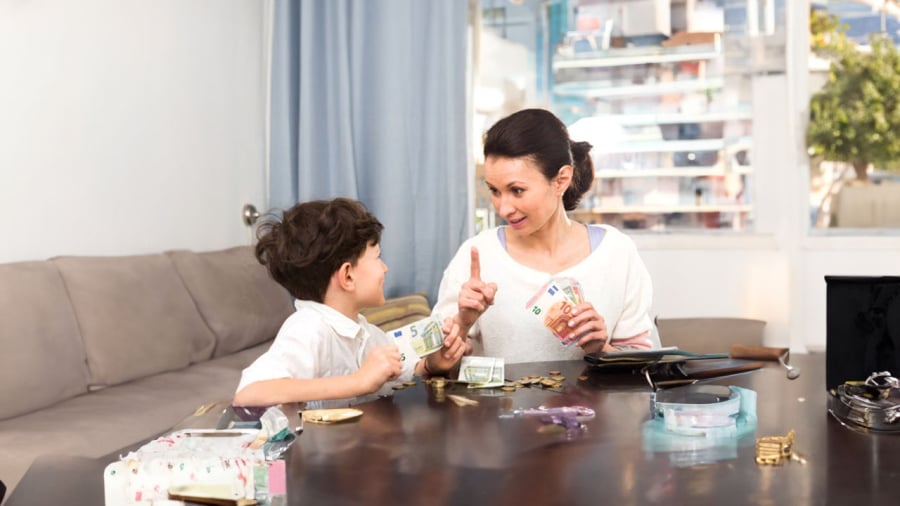“A Mother’s Unconditional Love: Redefining Expectations and Finding Happiness”
My neighbor, a widow, lives alone. Her husband passed away last year, and her son moved abroad when he was just 18. He’s accomplished and successful but constantly on the move. His foreign wife is distant, and some neighbors pity her, assuming she has no real family support. They say she might as well not have had a child since he’s never around. “It’s like she’s lost her son,” they lament.
When asked if she wished her son hadn’t gone abroad or, at the very least, lived closer to her, she smiled and asked, “Why would I want that? I’m thrilled that he’s fulfilling his dreams and living a rich, happy life. Why would I clip his wings?”

Would you rather your child live close by or embrace their success from a distance?
Her neighbors’ pity ignores the joy and pride she feels as a mother, knowing her son is living the life he wants. They are in constant communication, and she takes great pleasure in his happiness and the life he has built for himself. It’s a life she enabled him to create for himself.
Don’t Have Children Just for Old Age Support
In today’s world, some people still believe that having children guarantees support in old age. In the past, this expectation often kept children tied to their hometowns, responsible for their parents’ care and ancestral worship. While filial piety is important, it shouldn’t come at the cost of stifling your children’s dreams and freedom.
Expecting your children to care for you in your old age can lead to disappointment and resentment. Instead, parents should embrace the joy of having children out of love and let them flourish. A child’s physical distance doesn’t equate to emotional distance. If parents maintain a loving and connected relationship with their children, they can find happiness in their children’s joy, even if they don’t physically tend to their every need.
In reality, many parents with children living nearby still end up caring for themselves or relying on hired help in their old age. So, it’s essential to financially prepare for your golden years, ensuring your independence and happiness.
Some people choose to adopt children specifically for old-age support, but this can create a burden of expectation and pressure, diminishing the happiness that should come from expanding your family.
Children sometimes ask, “Why did you have me?” Your answer shapes their perspective and your relationship. If you tell them it’s so they can take care of you when you’re old, it implies a sense of obligation and restraint. However, if you explain that you had them out of love and the desire to raise a good person, they will grow up with a sense of freedom and gratitude.




































